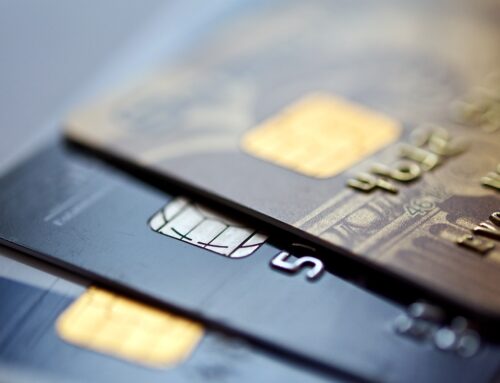One of the biggest questions a borrower asks is how repossessions affect their credit. A repossession can damage your credit score and can lower your FICO score. These types of defaults harm your credit score and may make it difficult to get competitive financing in the future.
But the good news is that You can remove repossessions and negative items from your report. Repossessions are not as detrimental as bankruptcy and can have a minimal impact on your FICO score.
How Repossessions Affect Your Credit
Repossessions will remain on your credit report for seven years.
First of all, repossessions will negatively impact your credit score. They will decrease your credit score by three points if you’ve made only a few late payments in the past seven years. It is because repossessions will remain on your credit report for seven years, which is the maximum period allowed by law. It is also possible to add a consumer statement to your credit report to explain the reason for the repossession. Remember that this will not increase your credit score, but it will help the lending institution see that you’re making payments on time.
We have a new location: Credit repair San Diego CA is now open!
Repossessions can be a temporary setback.
Auto repossessions are a form of default and will negatively impact your credit score more than late payments on a credit card. You’ll need to be aware that repossessions are recorded on your credit history for seven years, which is significantly more than the impact of two or three late payments. While auto repossessions can be a temporary setback, they’ll be listed on your report for at least ten years.
Try to negotiate with your lender.
Not all lenders report repossessions to the credit bureaus. If you can’t make payments, you can try to negotiate with your lender and settle for a lower amount. IT can help you rebuild your credit and make it easier to get a loan. You may even be able to trade your property or refinance it. If you’re worried that your credit will be affected by your repossession, consider a secured credit card.
It affects your ability to qualify for a new loan.
Although repossessions may look like a negative mark on your credit report, you should be able to dispute it if it is an error. Generally, a repossession will appear on your credit report for seven years, so it can affect your ability to qualify for a new loan. Repossessions can make it challenging to qualify for a new loan. However, they do not have to be permanent.
You can dispute your account.
You can avoid repossessions by paying back the remaining balance. By following these tips, you can get a loan quickly. A repossession will appear on your credit report for seven years if you’re behind in your payments. The lender will sell your property to cover the losses. You can also dispute your account if you find that you are having trouble making payments. You can also use a secured credit card to buy a property.
Involuntary repossessions are not good.
If you can afford to pay off the debt, you should try to avoid repossession. But if you have a credit card, you should pay it off as soon as possible. Involuntary repossessions are not a good option because they will drop your credit score. This type of repossession will also mark your credit report as a public record. It will negatively impact your ability to get credit loans.
While repossessions can negatively impact your credit, if you have a car or any other property, you can opt to surrender it voluntarily to avoid any negative impact on your credit. Repossessions can affect your credit score, but you can still get it back. Having a repossessed car or property will not hurt your score, but it can harm your finances. You should always pay off the loan.







Leave A Comment